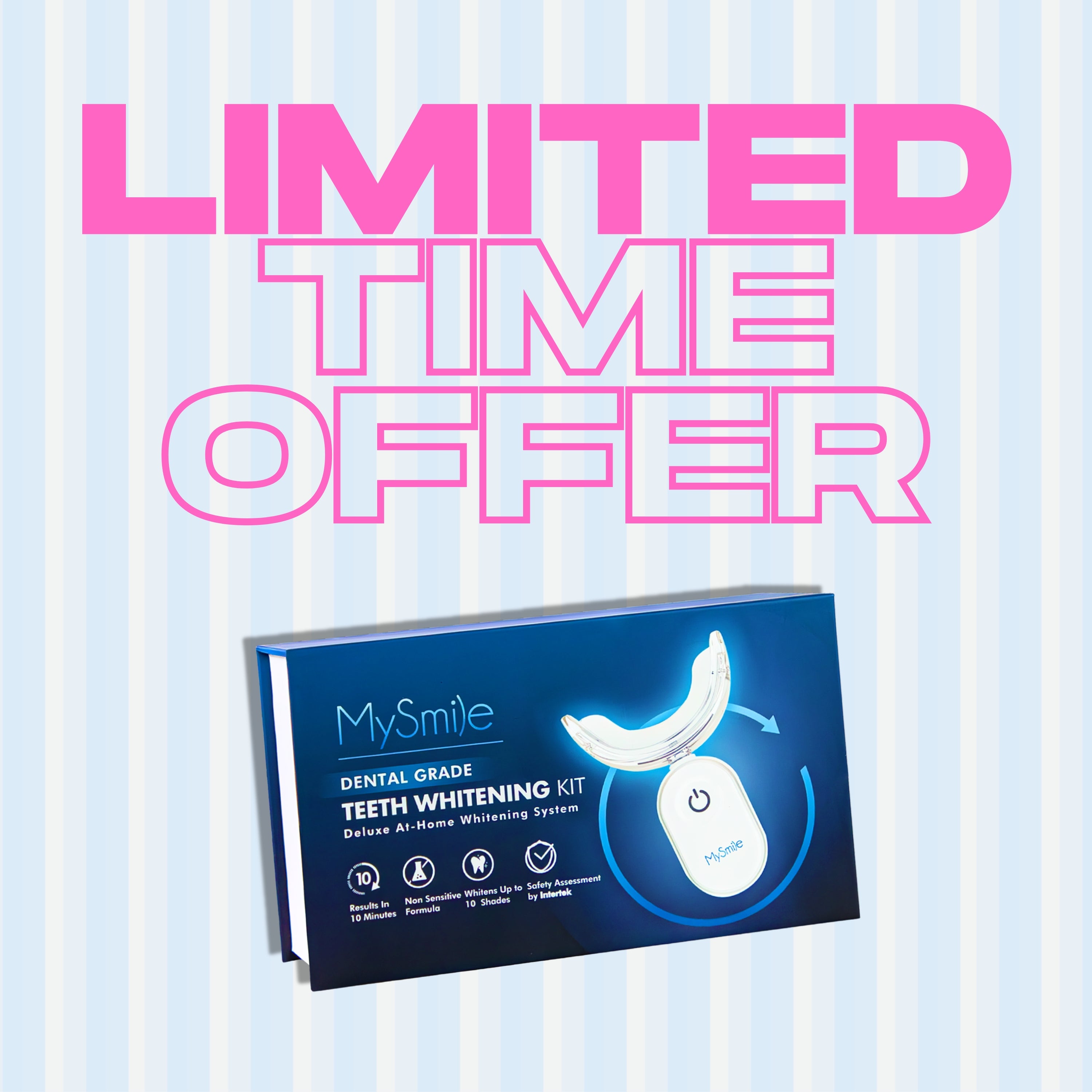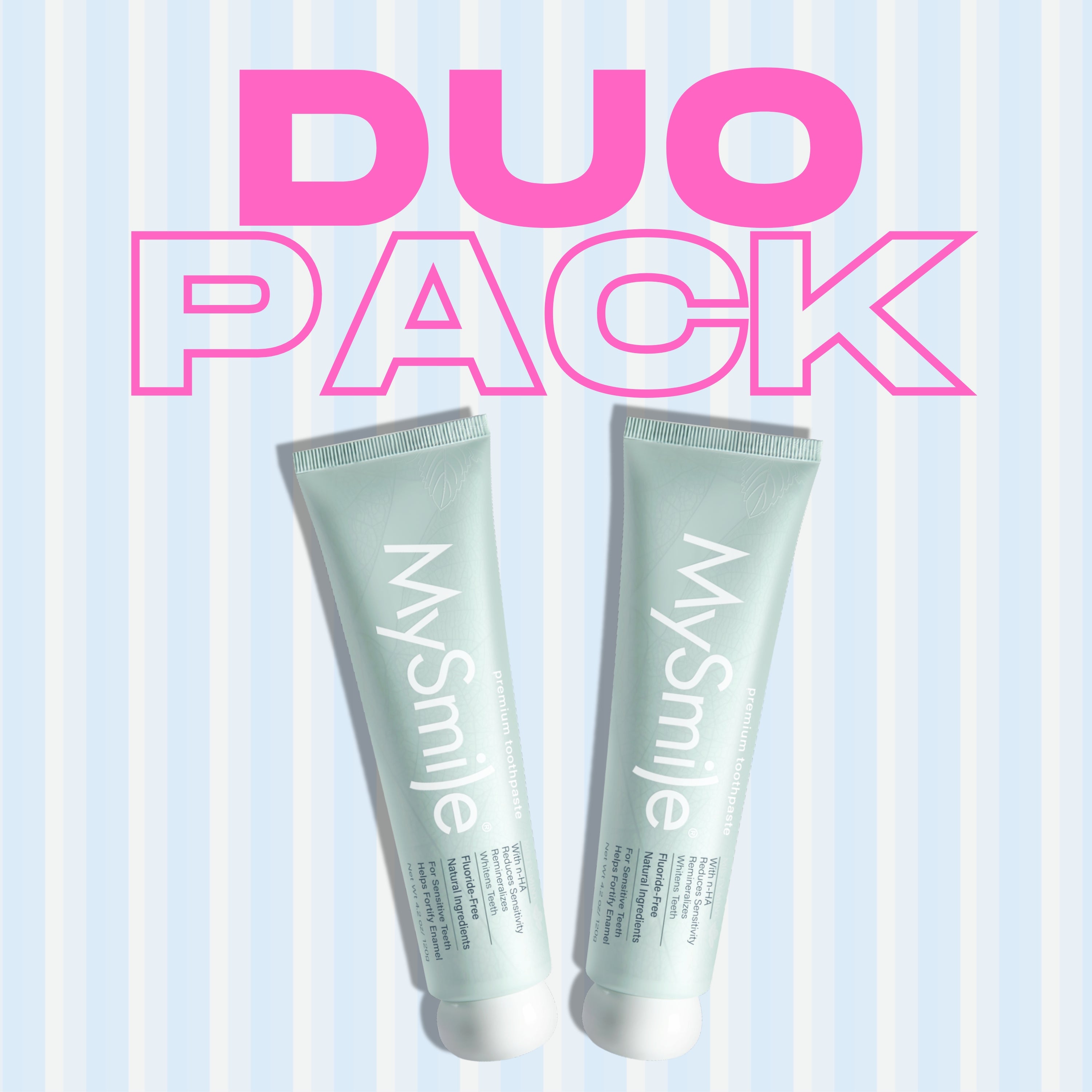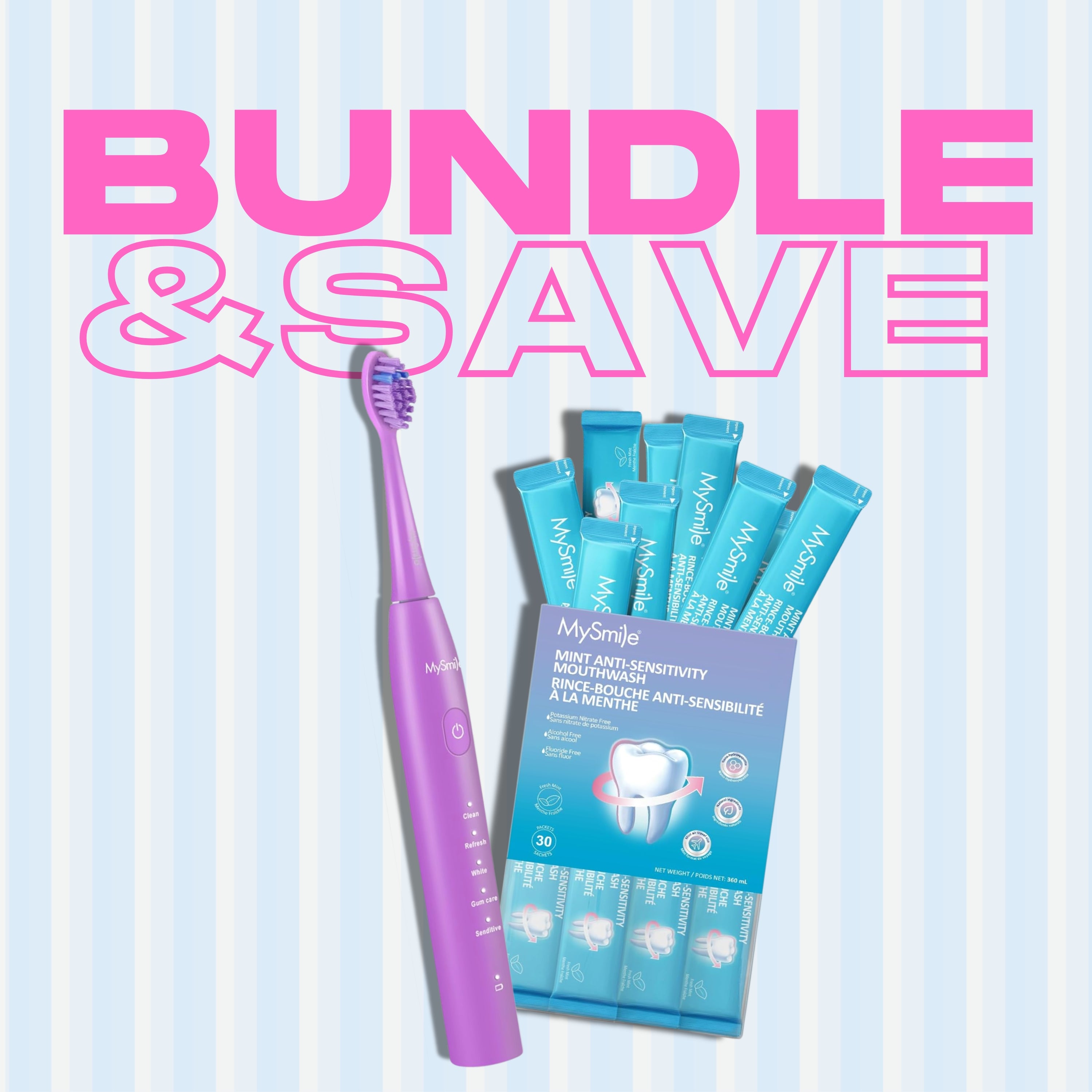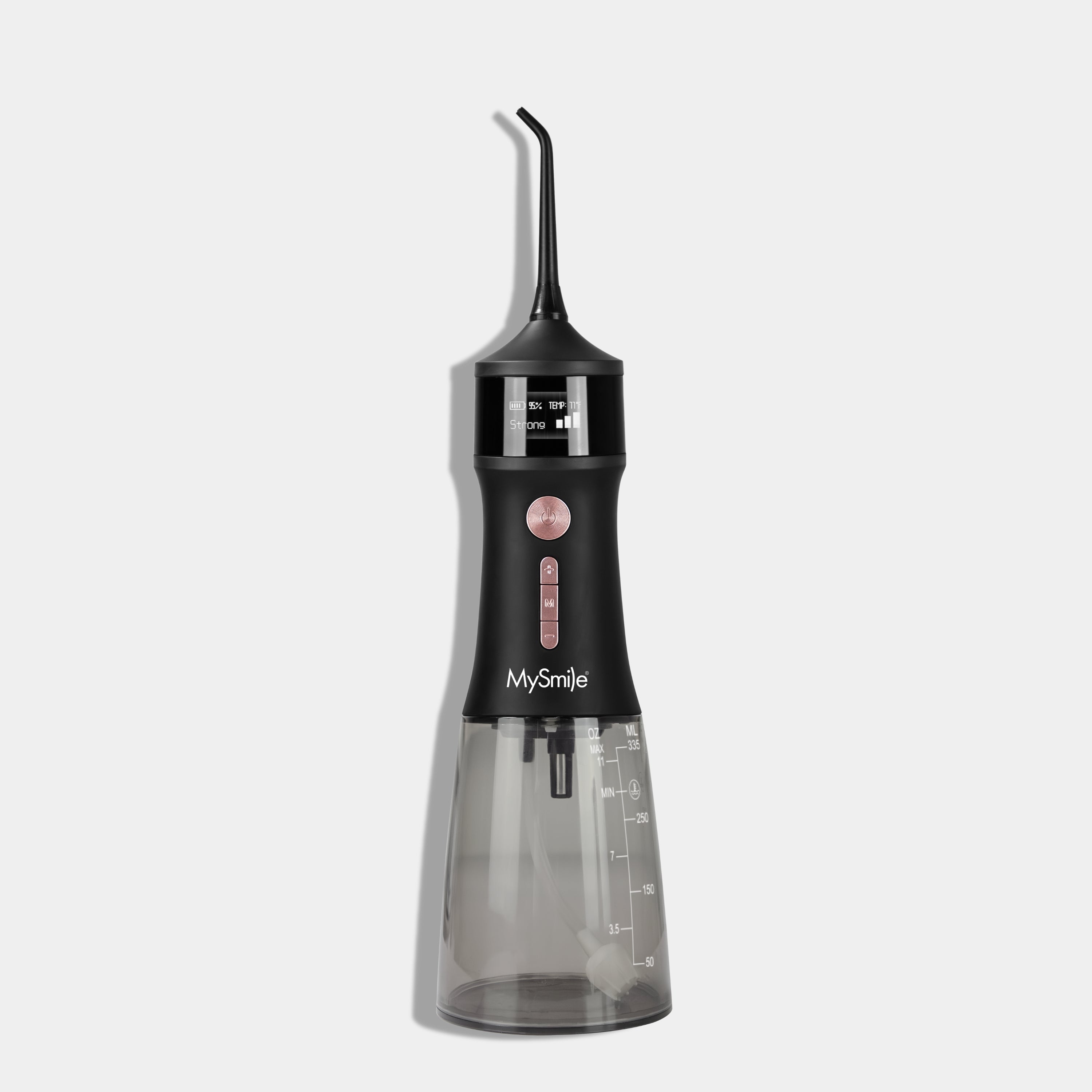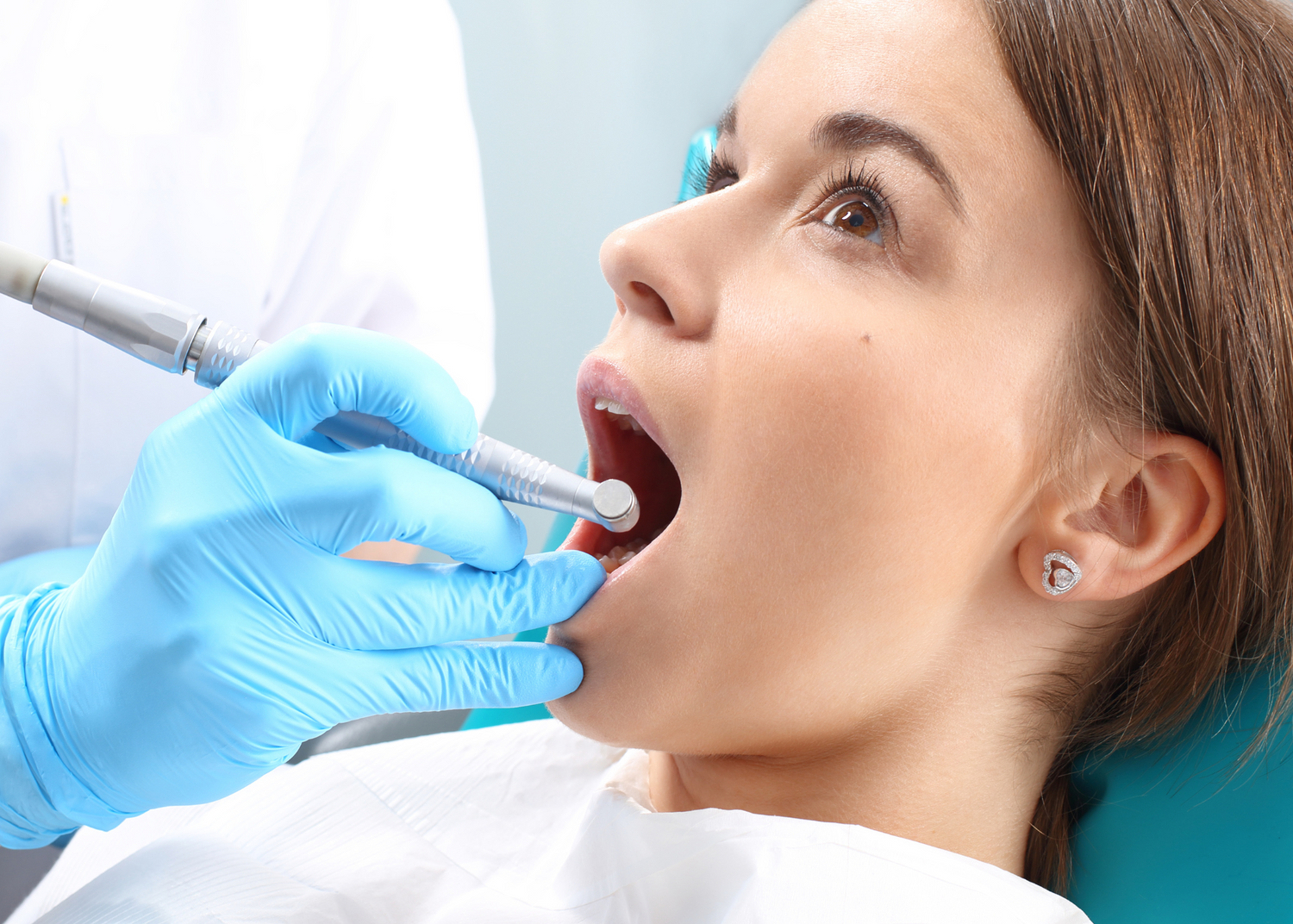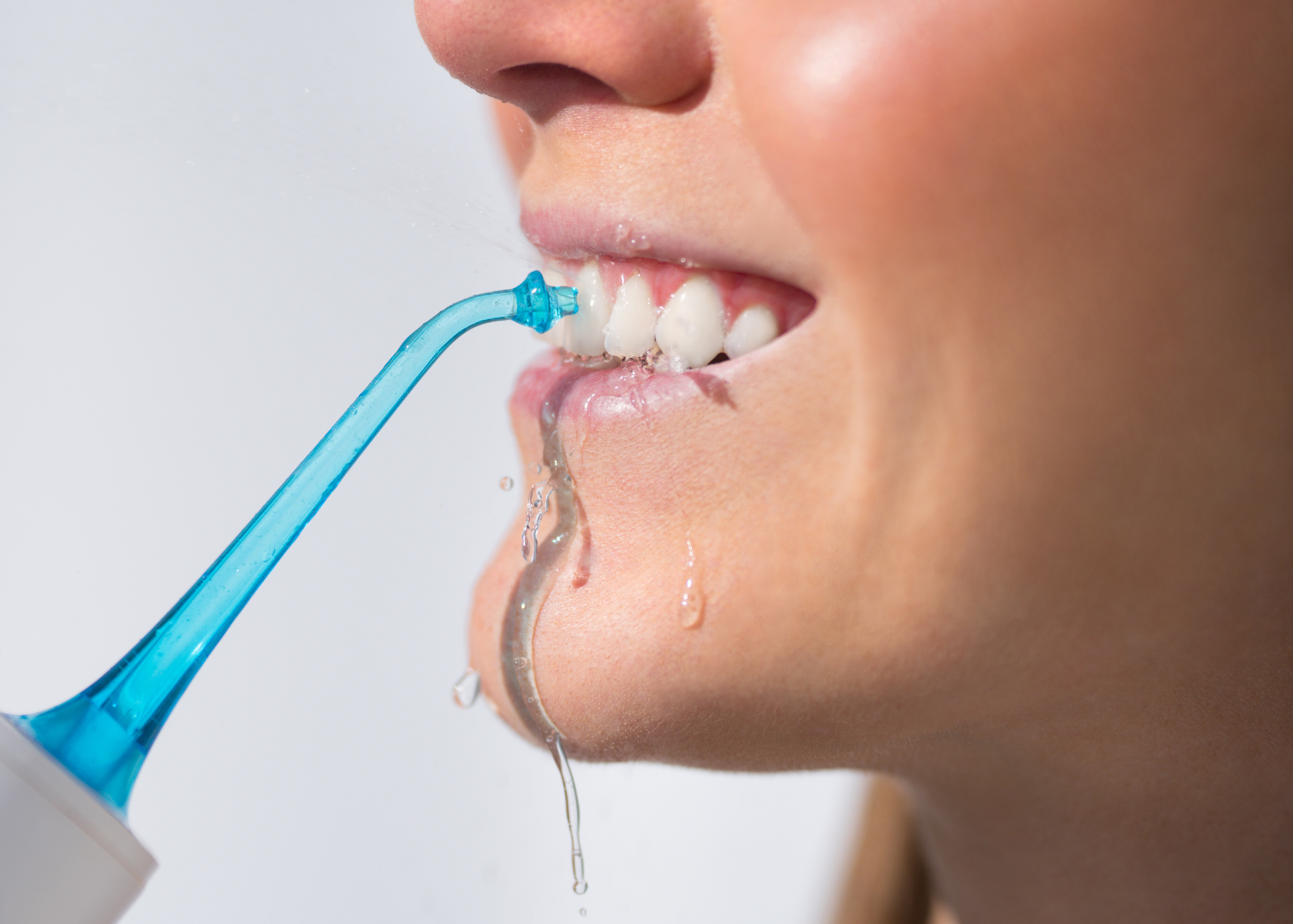Though they are among the most feared dental treatments, root canals are usually avoidable. Usually resulting from untreated cavities, trauma, or tooth fissures, a root canal becomes required when the soft tissue (pulp) within your tooth gets infected or inflamed.
Fortunately, there are numerous proactive actions you may take to preserve excellent dental health and prevent the necessity of a root canal. These ten useful pointers will assist you in preserving your teeth.
1. Practice Good Oral Hygiene
Good everyday cleanliness is the basis of oral health. Removing plaque, germs, and food particles that can cause tooth decay and gum disease depends on brushing at least twice a day and flossing once daily. Both disorders are the main offenders of root canals. Ignoring these fundamental habits might let germs enter the tooth more deeply, therefore compromising the pulp.
The Deep Cleaning Water Flosser will improve your flossing schedule. Particularly for cleaning those difficult-to-reach regions between your teeth and gums, this tool is significantly more efficient than conventional floss. The effective removal of food particles and germs, guaranteed by the water pressure, helps avoid root canal naturally.
Just fill the reservoir with water, point the nozzle toward the spaces between your teeth, and let the consistent stream clear the trash. Including this in your regular schedule will help to significantly lower your decay risk.
2. Wear a Mouthguard When Playing Sports or at Night
Damage to teeth, including chips or cracks, is one of the most often occurring reasons for a root canal. Both from night-time tooth grinding (bruxism) and contact sports, they might arise. By absorbing the shock and shielding your teeth, a mouthguard may help stop this sort of injury.
If you grind your teeth often while sleeping, a custom-fit night guard may help avoid fissures exposing the base of the tooth and aid in lessening too much wear.
Keeping your mouthguard clean helps you to preserve it and prevent bacterial growth. Effective mouthguard cleaning requires Retainer Cleaning Tablets. Just toss a tablet into a glass of water and let your mouthguard soak for a few minutes.
This easy action stops bacterial development and maintains the hygienic condition of your mouthguard, therefore lowering the danger of oral infections that might cause root canals.
3. Visit Your Dentist Regularly
Preventing root canals requires regular dental visits. Early problems include cavities, gum disease, or tiny tooth fractures that could otherwise go undetectable until they call for more involved treatment, such as a root canal, which is easily found by dentists.
At least twice a year, dentists advise going for a cleaning and check-up. However, if you have dental issues, your dentist may advise more regular appointments. Your dentist can remove tartar and plaque buildup during these appointments that you may not be able to clear on your own.
Professional cleanings can help stop gum disease, which may threaten the integrity of your teeth. Should your dentist discover any problems, including early-stage decay, they may be corrected before they become worse, therefore preventing more involved procedures such as root canals.
4. Don't Ignore Tooth Pain
One of the easiest ways to end up in need of a root canal is to ignore dental discomfort. If you have discomfort, particularly in relation to eating or drinking anything hot or cold, it might indicate that an infection or decay is getting to your dental pulp.
Addressing tooth pain early increases the likelihood that your dentist can resolve the issue with a simple filling, avoid root canal. Tools like the Deep Cleaning Water Flosser can aid in preventing these issues before they start by keeping your teeth free from harmful bacteria. Always treat tooth discomfort seriously; visit your dentist right once to prevent problems.
5. Use Fluoride Toothpaste
Strong mineral fluoride helps to build tooth enamel, therefore increasing its resistance to the acid generated by plaque bacteria. Regular use of fluoride toothpaste helps prevent deterioration of your teeth, therefore lowering your risk of requiring a root canal.
To optimize toothpaste with fluoride labeled as an active component, make sure you brush twice a day for at least two minutes each time. Your dentist could also advise fluoride treatments for extra protection for those who are prone to cavities.
6. Avoid Sugary Foods and Drinks
Among the main causes of dental decay are sweet meals and beverages. Sugar feeds the microorganisms in your mouth, which generates acid that weakens your enamel. This may lead to cavities over time, which, if untreated, can reach the pulp of the tooth and call for a root canal.
Cut out on sugary foods, candies, drinks, and even fruit juices to lower your risk. Choose better substitutes, including water, fruits, and vegetables, that promote your general well-being in addition to your dental condition.
7. Drink Plenty of Water
Maintaining hydration benefits your oral health in addition to your body. Drinking water helps eliminate food particles, carbohydrates, and acids from your teeth, therefore lowering your risk of decay. Water also helps maintain a normal salivatory level, which naturally neutralizes acids in your mouth.
Drinking water helps primarily to wash away any last food particles and germs after meals. Choose fluoridated water, if at all possible, as it provides further defense against tooth decay and cavities.
8. Don't Use Your Teeth as Tools
Opening bottles, tearing packaging, or cracking nuts with your teeth is dangerous. These activities may expose the sensitive pulp within your teeth by causing fractures or chips. Once the pulp is exposed, it may easily get infected and call for a root canal.
Avoid using your teeth for anything other than eating to preserve their strength and prevent cracks or chips that can lead to root canals. Keep your protective gear, such as mouthguards, clean and bacteria-free with Retainer Cleaning Tablets. Keep appropriate tools like scissors or bottle openers close by so you're not tempted to use your teeth for chores they aren't designed to undertake.
9. Address Gum Disease First early
A main cause of tooth loss is gum disease, which may also raise your risk of having a root canal. Starting with gum irritation (gingivitis), if not treated, it may develop into a more serious ailment (periodontitis).
Gum disease may cause the gums to recede, therefore exposing the teeth's roots to germs and raising your chance of infection. See your dentist at the first hint of difficulty, including bleeding gums or chronic foul breath, to avoid gum disease; keep up a regular brushing and flossing schedule.
10. Consider Dental Sealants
Applied on the chewing surfaces of your molars, dental sealants are a protective layer meant to prevent decay, most probable there. Sealants provide a barrier that keeps food and germs from being caught in the crevices of your teeth.
Children and teenagers particularly will find this useful, although adults may also gain from it. Sealants considerably lower the likelihood of cavities and, thus, root canals, and they may last many years. Inquire of your dentist if sealants would be a wise choice for your family or yourself.
Conclusion
These 10 tips may dramatically lower your risk of root canals. Maintaining healthy teeth mostly depends on regular dental appointments, excellent oral cleanliness, using protective gear like mouthguards, and having a decent diet. Early preventative actions will help you avoid later suffering and significant dental treatment. Maintaining preventative dental care with Deep Cleaning Water Flosser can help you to enjoy a lifetime of healthy teeth.

